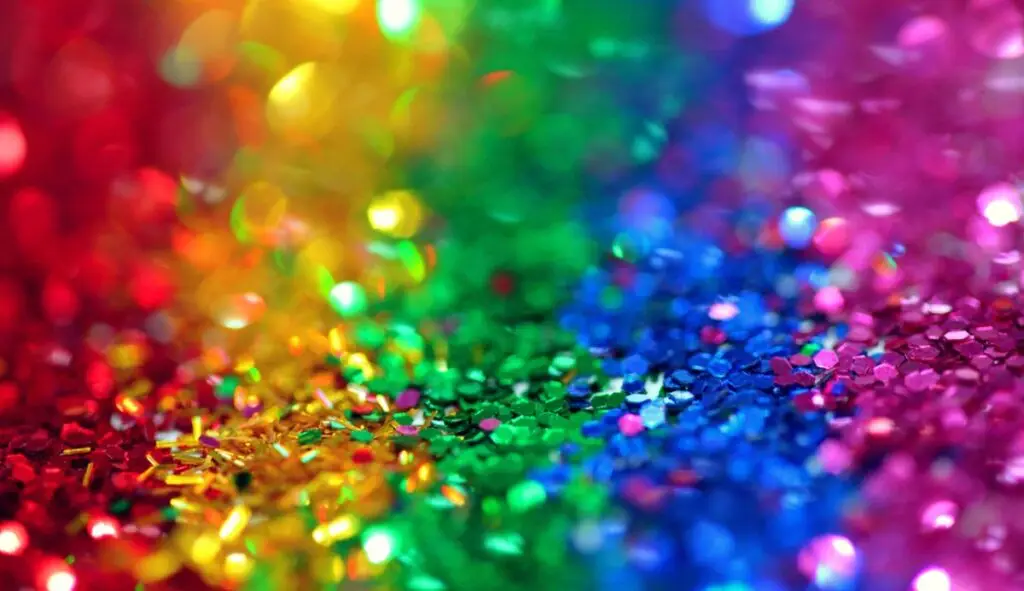Explore the concept of cellular memory and its significance in our lives. Discover how DNA and epigenetics play a role in transmitting ancestral memories.
Welcome to another post. Today, you will learn how to:
- Understand how cellular memory connects to karma and the consequences of our actions.
- Learn how emotions are stored in our cellular memory and impact our well-being.
- Unlock the secrets of cellular memory and embark on a transformative journey of self-discovery and healing.

Table of Contents
The Ultimate Secrets of Cellular Memory: Why is it Important?
It is a fascinating concept that has intrigued scientists and spiritualists alike. It refers to the idea that our cells can store memories and experiences, influencing our physical, emotional, and spiritual well-being.
While this kind of memory is still a relatively new field of study, there are several reasons why it is important and worth exploring. In this article, we will delve into the mysteries of cellular memory and uncover its significance in our lives.
1. Has It an Impact on Your DNA Code?
One key connection in understanding how cells remember information lies in our DNA. Our DNA contains the blueprint for our physical characteristics but also carries information beyond our physical appearance.
Recent studies have shown that our DNA can carry imprints of our ancestors’ experiences and traumas, which can be passed down through generations.
This phenomenon, known as epigenetics, suggests that our cellular memory is influenced by our own experiences and the experiences of our ancestors.
Imagine the implications of this discovery. It means that the memories and traumas of our great-grandparents, or even further back, could be influencing our behaviour, health, and well-being today.
It sheds light on why specific patterns or predispositions seem to run in families and opens up a whole new realm of possibilities for healing and personal growth.
Recommended reading:
2. This Memory Comes from Your Ancestors
Building upon the concept of DNA and epigenetics, cellular memory suggests that we are not just individuals with isolated experiences.
We are connected to a lineage of ancestors whose memories and experiences are imprinted within us. This realization can be both empowering and humbling.
On one hand, this means that we carry within us the wisdom, strengths, and resilience of our ancestors. We can tap into their collective knowledge and draw upon their experiences to navigate our lives.
On the other hand, it also means that we may be carrying our ancestors’ burdens, traumas, and unresolved issues. These imprints can manifest as recurring patterns, fears, or limitations we struggle to understand or overcome.
By acknowledging and exploring our cellular memory, we can better understand ourselves and our place within the larger tapestry of human existence.
We can honour our ancestors’ legacies and make conscious choices to heal and transform the imprints that no longer serve us.
Recommended reading:
3. Cellular Memory Is Affected by Karma
Karma is a concept that is often associated with spiritual and philosophical traditions. It refers to the idea that our actions have consequences that can extend beyond our current lifetime. Cellular memory provides a unique perspective on the concept of karma.
If we consider that our cells store memories and experiences, it suggests that our choices and actions in this lifetime can leave imprints on our cellular memory.
These imprints can then influence our future experiences and even the experiences of future generations. In other words, our cellular memory can be seen as a record of our karmic journey.
This perspective invites us to take responsibility for our actions and choices, knowing they can have far-reaching effects. It encourages us to cultivate awareness and make conscious decisions that align with our values and intentions.
By doing so, we can create positive imprints in our cellular memory and contribute to humanity’s collective healing and evolution.
Recommended reading about karma:
The Little Book of Karma: A Beginner’s Guide to the Basic Principles of Karma
Isabelle Loyness
4. Cellular Memory Stores Your Emotions
Emotions are an integral part of our human experience. They can shape our perceptions, influence our behaviour, and impact our well-being. Memory offers a unique lens through which we can understand and work with our emotions.
When we experience intense emotions, whether positive or negative, our cells can store their energetic imprints.
This means that our cellular memory can become a reservoir of unprocessed emotions, manifesting as physical symptoms, psychological patterns, or even chronic conditions.
By exploring our cellular memory, we can uncover the emotional imprints contributing to our current challenges or limitations. We can release and heal these imprints, allowing for greater emotional freedom and well-being.
This process often involves various therapeutic modalities, such as somatic experiencing, energy healing, or mindfulness practices.
Recommended reading about emotions
Damon Zahariades
5. The Power of Cellular Memory
Understanding and working with your cells’ memory can be a transformative journey. It invites us to explore the depths of our being, unravel the mysteries of our past, and tap into the limitless potential of our future.
By acknowledging the importance of cellular memory, we can embark on a path of self-discovery and healing. We can honor the wisdom and experiences of our ancestors, while also releasing the burdens that no longer serve us.
We can take responsibility for our actions and choices, knowing that they have the power to shape our future experiences. We can also embrace the power of our emotions, using them as a gateway to greater self-awareness and transformation.
So, let us embark on this journey together, unlocking the ultimate secrets of cellular memory and embracing the profound impact it can have on our lives.
I have to point out that these facts overlap each other. Karma can imply the occurrence of traumatic or exciting events and your ancestors’ experiences, which, in turn, ignite a specific bunch of emotions. all these pieces of information are then stored in your cells.
Written Exercise
Once you know what has an impact on your cellular memory, think for a while and write down answers to these questions:
- What three most traumatic experiences are stored in your cellular memory?
- How do they impact your life physically, emotionally and mentally?
- How, so far, have you tried to cope with these experiences?
The answer to the last question will be given in my next article so stay tuned to awaken Happy Life.
In a Nutshell
Can you transform your cellular memory? Yes, Epigenetics proves this. It is up to you to transform the consequences of your karma, inheritance of ancestors, and burden (if it’s negative) or ignite positive memories.
Vicky Yang




